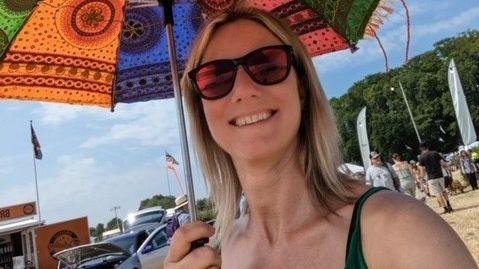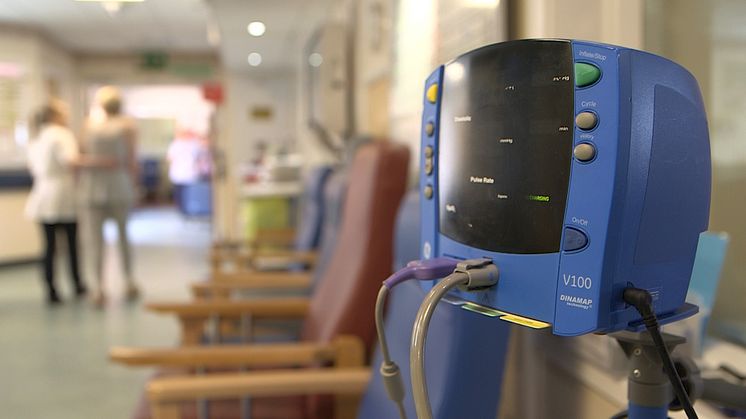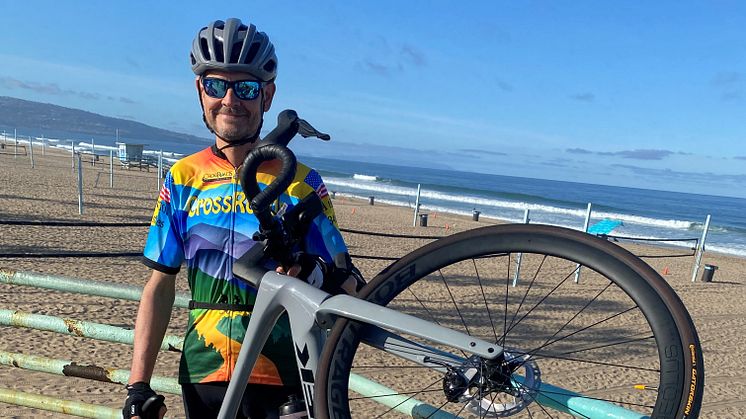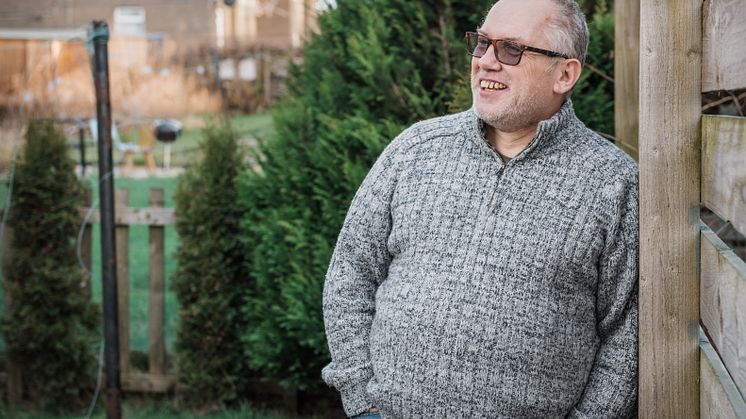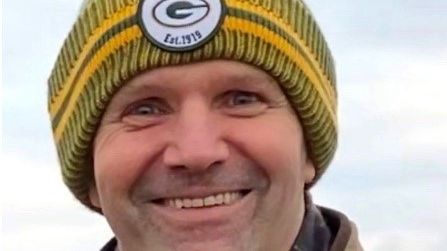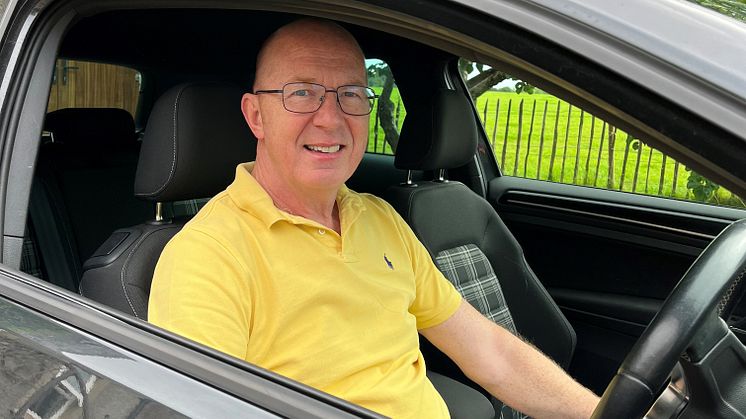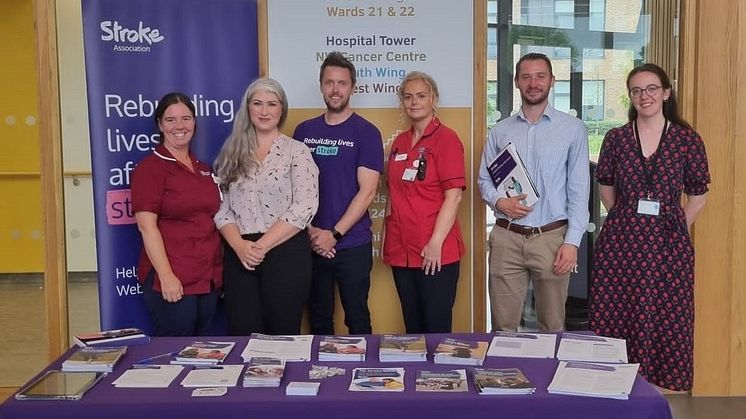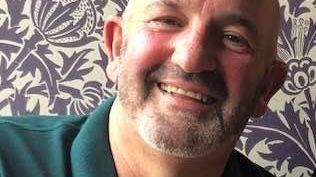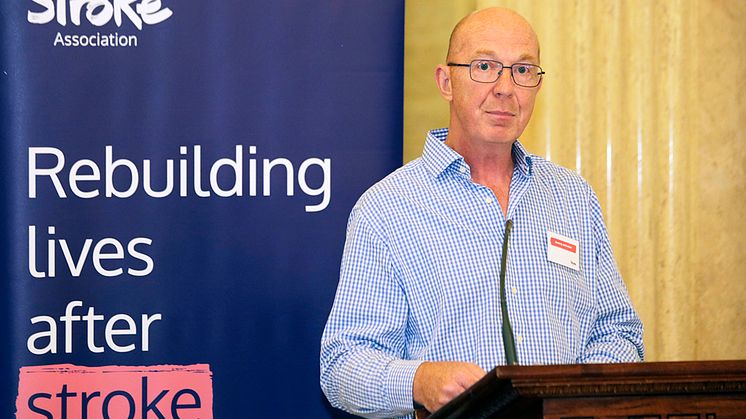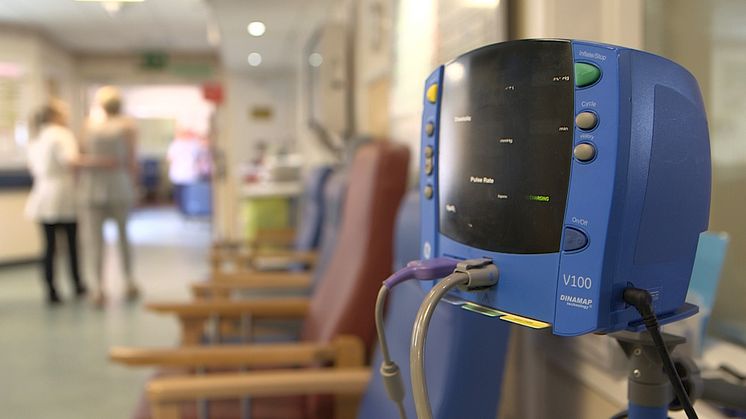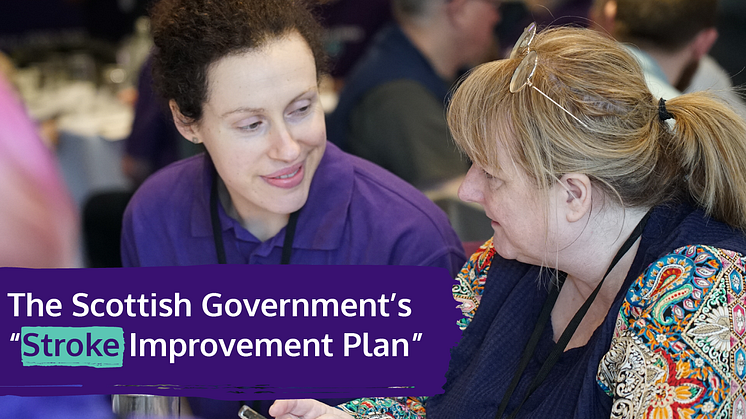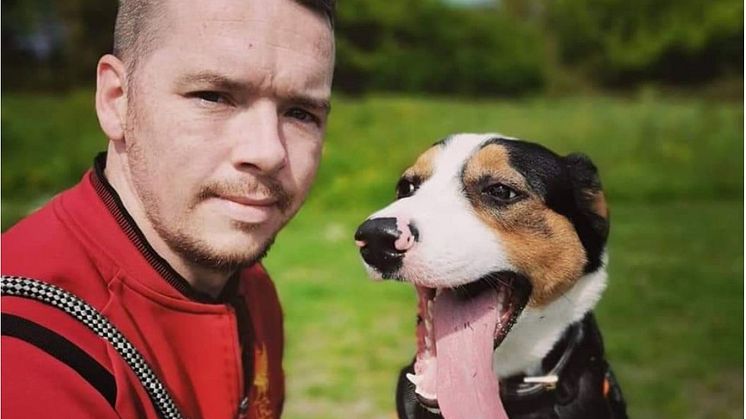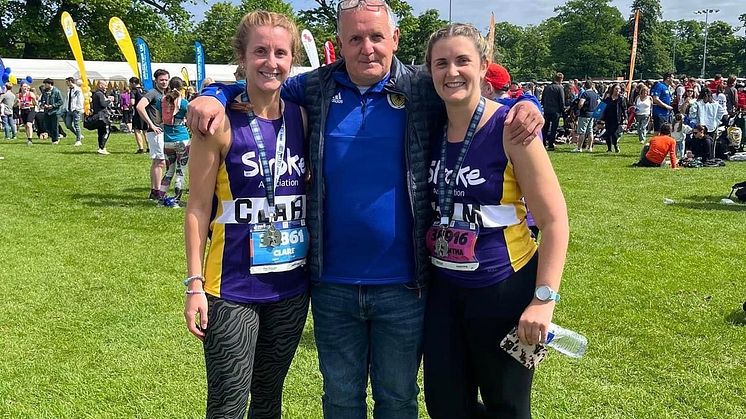Gloucestershire woman who had life-changing stroke at just 41 backs awareness campaign
A Gloucestershire woman whose life changed in an instant when she had a devastating stroke aged 41 is backing a campaign to raise public awareness that strokes don’t just happen to older people.
Fiona Cooke’s stroke left her with aphasia, a speech and language condition which makes communication difficult, emotional and memory problems, and fatigue. Her marriage ended, she could no longer cope
